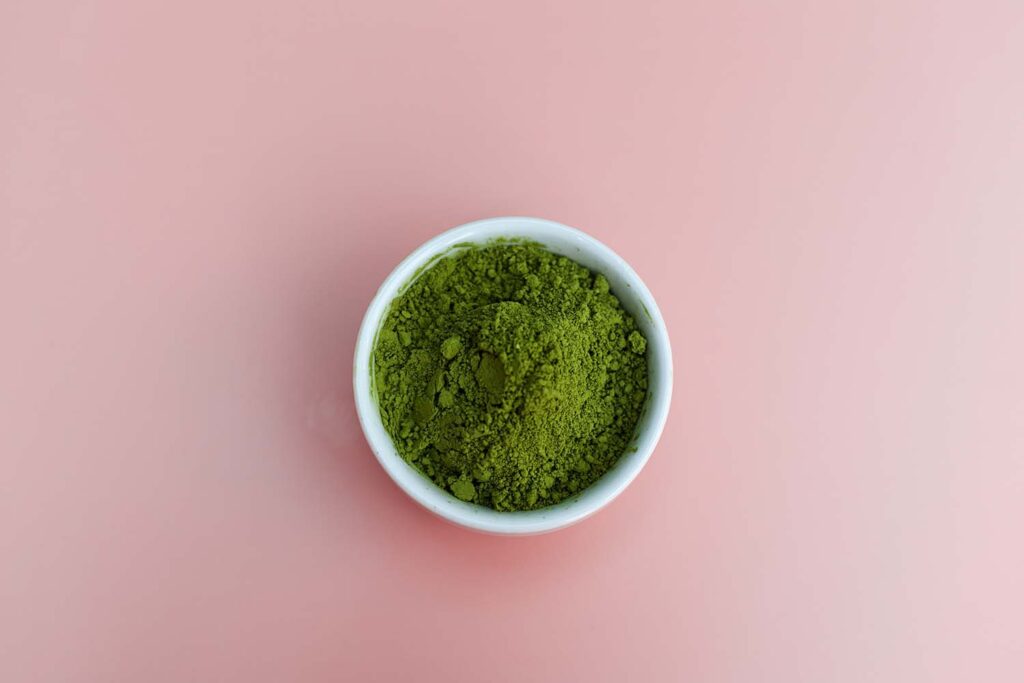Thai Kratom, derived from the leaves of the Mitragyna speciosa tree native to Thailand, has emerged as a notable natural remedy for chronic pain and inflammation. This traditional herb, used for centuries in Southeast Asia, has recently gained attention in the Western world due to its potential therapeutic benefits. The primary active compounds in Thai Kratom, mitragynine and 7-hydroxymitragynine, interact with the body’s opioid receptors, mimicking some effects of opioids but with a lower risk of addiction and side effects. This interaction can help alleviate pain by altering the way the brain and body perceive discomfort. For individuals suffering from conditions like arthritis, fibromyalgia, or chronic back pain, Thai Kratom offers a promising alternative to conventional pain management strategies. One of the key benefits of Thai Kratom is its ability to address inflammation, a common underlying factor in many chronic pain conditions. Inflammation can contribute to ongoing pain and discomfort, and by reducing inflammation, Thai Kratom may help lessen the severity and frequency of pain episodes.

This anti-inflammatory effect is believed to be due to the plant’s ability to inhibit pro-inflammatory cytokines, which are proteins that play a role in the inflammatory process. Moreover, happy go leafy thai kratom effects are dose-dependent, meaning it can provide different benefits at varying dosages. At lower doses, Thai Kratom tends to act as a stimulant, boosting energy and focus, which can be advantageous for those who experience fatigue as a result of chronic pain. At higher doses, it acts more as a sedative, providing significant pain relief and promoting relaxation. This versatility makes it a flexible option for managing pain, as users can adjust their dosage to match their specific needs and circumstances. Despite its potential benefits, Thai Kratom is not without risks. Its use can lead to side effects such as nausea, constipation, and dizziness.
Additionally, because it interacts with the same receptors as opioids, there is a risk of dependence and withdrawal symptoms if used excessively or improperly. Therefore, it is crucial for users to approach Thai Kratom with caution, starting with lower doses and consulting healthcare professionals to ensure safe usage. Furthermore, the legal status of Thai Kratom varies by region, and it is important for individuals to be aware of local regulations before using it. In some places, Kratom is regulated or banned due to concerns about its safety and potential for abuse. In summary, Thai Kratom presents a natural and potentially effective solution for managing chronic pain and inflammation. Its unique properties offer an alternative to traditional pain medications, providing users with a means to alleviate discomfort while potentially minimizing side effects. However, as with any treatment, it is essential to use Thai Kratom responsibly and under the guidance of a healthcare provider to maximize its benefits and minimize risks.